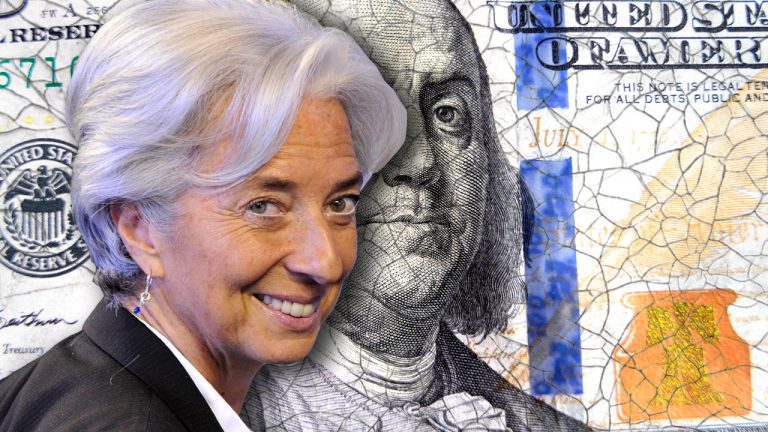
The Republican candidate also pledged to rescind all federal regulations that fail the Supreme Court’s major questions doctrine test in the West Virginia vs. EPA case — a potentially positive for crypto.
United States presidential candidate Vivek Ramaswamy has lauded Grayscale’s recent victory over the federal securities regulator, arguing the decision will help keep Bitcoin and blockchain innovation from going overseas.
In an Aug. 30 post on X (formerly Twitter) the pro-Bitcoin Republican candidate took shot at a “shadow” U.S. government, pointing the blame towards the “unlawful rogue behaviors of “3-letter government agencies” — presumably the Securities and Exchange Commission.
Ramaswamy said this has led to the U.S. courts to serve as a last line of defense to help keep cryptocurrency innovators in the country, adding that it shouldn’t have reached the courts in the first place.
“This decision is strong and clears a path to keep Bitcoin & blockchain innovation in the U.S. instead of overseas,” Ramaswamy explained.
The shadow government in D.C. is out of control & the federal courts are our *only* remaining line of defense against the unlawful rogue behaviors of 3-letter government agencies. This decision is strong and clears a path to keep Bitcoin & blockchain innovation in the U.S.… https://t.co/FsykKyQEVG
— Vivek Ramaswamy (@VivekGRamaswamy) August 30, 2023
Ramaswamy added that if elected, he would rescind all federal regulations that fail the Supreme Court’s test in the West Virginia vs. EPA case — a move that could potentially limit the SEC's overreach on the industry, depending if crypto qualifies as falling under the major questions doctrine.
However, the question as to whether the doctrine applies to the crypto industry is currently being tested in U.S. courts. While several amicus briefs were filed in support of Coinbase making the same argument, a recent court hearing in the Terraform Labs case ruled the doctrine doesn't apply to crypto tokens because its economic implications aren't significant enough.
Ramaswamy is one of three presidential candidates still in the running who has shown outward support for the crypto industry, along with Robert Kennedy Jr. and Ron DeSantis.
Tesla CEO and multibillionaire Elon Musk recently praised Ramaswamy for his acceptance of Bitcoin and pro-crypto advocacy, adding that he stands as a “very promising candidate.“
In late May, the presidential candidate began accepting Bitcoin for campaign donations.
Related: GBTC Bitcoin ‘discount’ may be gone by 2024 as share price gains 17%
Grayscale Investments' recent court victory against the SEC on Aug. 29 was lauded as a win for the cryptocurrency space and Bitcoin ETFs in particular.
BTC’s price increased 7.3% to $27,940 before cooling off to $27,200 at the time of writing, according to CoinGecko, while several analysts from Bloomberg noted that Grayscale’s win increases the likelihood of spot Bitcoin ETFs being approved by the end of 2023.
Magazine: Hall of Flame: Wolf Of All Streets worries about a world where Bitcoin hits $1M










